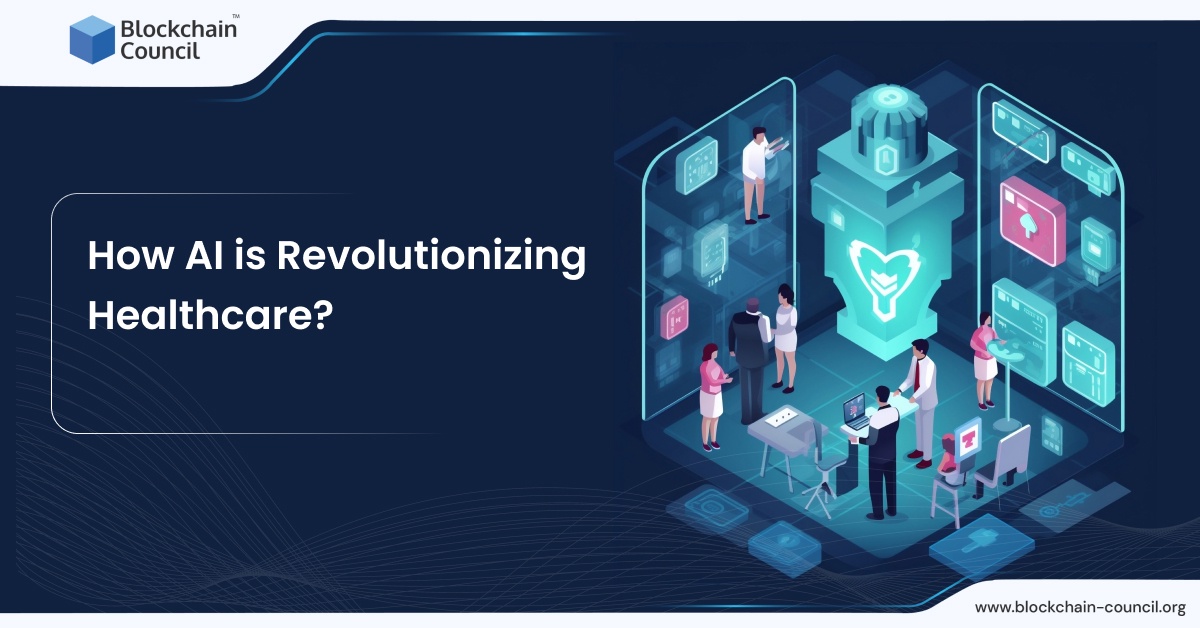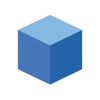Artificial intelligence (AI) implementation has emerged as a game-changing factor in today's rapidly changing healthcare industry landscape. This technological marvel, which has been widely lauded for its potential to revolutionize a variety of industries, is currently leaving an indelible mark on the healthcare industry, beginning with the collection of data and continuing through to the final diagnosis. Because of the magnitude of the impact, professionals are being encouraged to pursue AI certification, resulting in the transformation of traditional roles and procedures into AI-driven, effective systems.
The development of intelligent algorithms is only one aspect of artificial intelligence; another is determining how to apply those algorithms in practical applications, such as improving medical treatment. AI-driven systems, AI chatbots, and AI specialists who have passed AI certification tests all play important roles in improving the efficiency of data administration and diagnosis. Let's take a look at how artificial intelligence is transforming the healthcare industry, from data collection to diagnosis.
Data Gathering and Management
Data collection is the first step in the process of providing medical care. The astounding amount of new medical data generated each day. These massive data sources, which include electronic health records, patient histories, diagnostic images, and research studies, frequently make it difficult for human specialists to analyze thoroughly. This is where artificial intelligence comes in, providing a seamless solution for data collection and management.
AI algorithms can quickly compile, analyze, and organize massive amounts of data in a variety of formats. Certified artificial intelligence developers and engineers play an important role in the development of these algorithms, ensuring that they meet the stringent standards of healthcare data privacy and security. As the demand for AI in the healthcare industry grows, it is becoming increasingly important for individuals who want to specialize in this field to obtain AI certification.
AI Chatbots Used in Patient Interactions
Another significant advancement in the medical field is the use of artificial intelligence chatbots. These chatbots are more than just automated responses; they are complex AI-powered programs that can converse with patients in a human-like manner, answering questions, booking appointments, and even providing preliminary diagnoses. These chatbots, which are frequently managed and maintained by qualified chatbot experts, or prompt Engineers, are designed to improve the overall patient experience by facilitating the flow of information in a timely and accurate manner.
The Prognosis and Diagnosis
One of the most exciting applications of artificial intelligence in healthcare is its ability to aid in diagnosis and prediction. AI's machine learning capabilities enable it to process massive amounts of patient data, recognize trends, and provide early warnings or diagnostic suggestions. This is especially important in radiology and pathology, where AI can examine medical images and detect anomalies that a human observer may overlook.
To fully realize the potential of AI-driven diagnostic tools, an increasing number of healthcare professionals are becoming certified as AI experts. These certificates not only validate their knowledge and skills, but they also ensure that the individual is up to date on the most recent developments in AI.
Help with Clinical Decision-Making
AI's application in the healthcare sector includes clinical decision support systems. These systems provide evidence-based recommendations for treatments, medications, and care plans to medical professionals such as doctors and nurses. They consider a patient's medical history, symptoms, and relevant medical literature, allowing healthcare providers to make more informed recommendations. AI developer certification is required for those who want to be at the forefront of AI-driven clinical decision support.
Conclusion
To summarize, the use of AI in healthcare is causing a paradigm shift in data collection, management, and utilization for patient care and diagnosis. Artificial intelligence (AI) is more than just a technology; it is also a tool that allows medical practitioners to deliver more precise and efficient treatments. AI developer certification has evolved into a symbol of both expertise and dedication for those aspiring to success in this cutting-edge industry. It is clear that as AI advances, the process of going from data to diagnosis in the medical field will become more effective, precise, and patient-centered. Furthermore, AI chatbots such as ChatGPT improve overall patient assistance by responding to specific prompts.


No comments yet